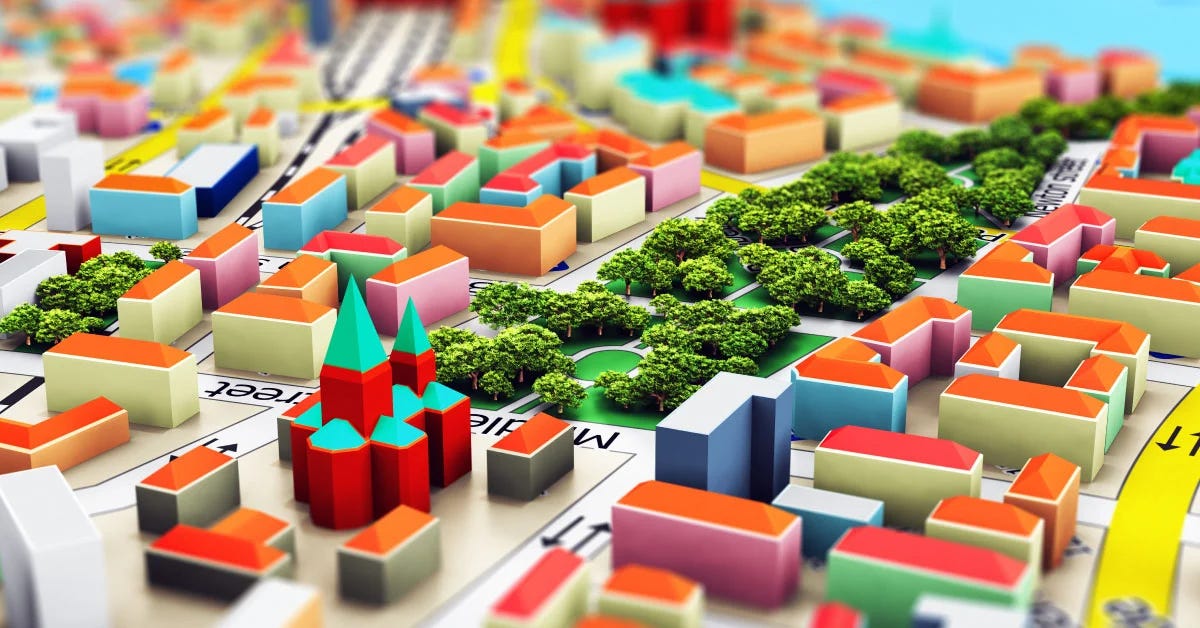The Role of Urban Planning in Reducing Socioeconomic Disparities

By using this site, you agree to the Privacy Policy and Terms of Use.

Urban planning plays a pivotal role in shaping the social and economic fabric of cities, influencing how communities grow and thrive. By prioritizing equitable development, urban planners can significantly reduce socioeconomic disparities and ensure all citizens have access to essential resources.
The core of urban planning lies in designing cities that address the needs of diverse populations. For instance, affordable housing initiatives can reduce the gap between income groups, offering low-income families safe and sustainable living spaces. Public transportation systems, strategically designed, can bridge the physical divide between affluent and underserved neighborhoods, enabling better access to education, healthcare, and employment opportunities.
Zoning policies also have a profound impact on reducing inequalities. Inclusive zoning allows for a mix of residential, commercial, and industrial areas, promoting economic integration. Additionally, green spaces and public amenities can be evenly distributed to foster healthier and more cohesive communities.
Urban planning also tackles the environmental aspects of disparity. Poor neighborhoods often face higher exposure to pollution and lack basic sanitation. Sustainable development practices, such as green building initiatives and renewable energy adoption, can mitigate these issues, improving the quality of life for marginalized groups.
Community involvement is crucial in this process. Planners must engage residents in decision-making to ensure that urban development aligns with their needs. Participatory planning empowers communities, ensuring their voices are heard and fostering a sense of belonging.
In conclusion, urban planning is not merely about constructing cities; it is about creating equitable environments where every individual has the opportunity to prosper. By addressing systemic issues and involving diverse communities, urban planning can pave the way for more inclusive and sustainable societies.
Notifications